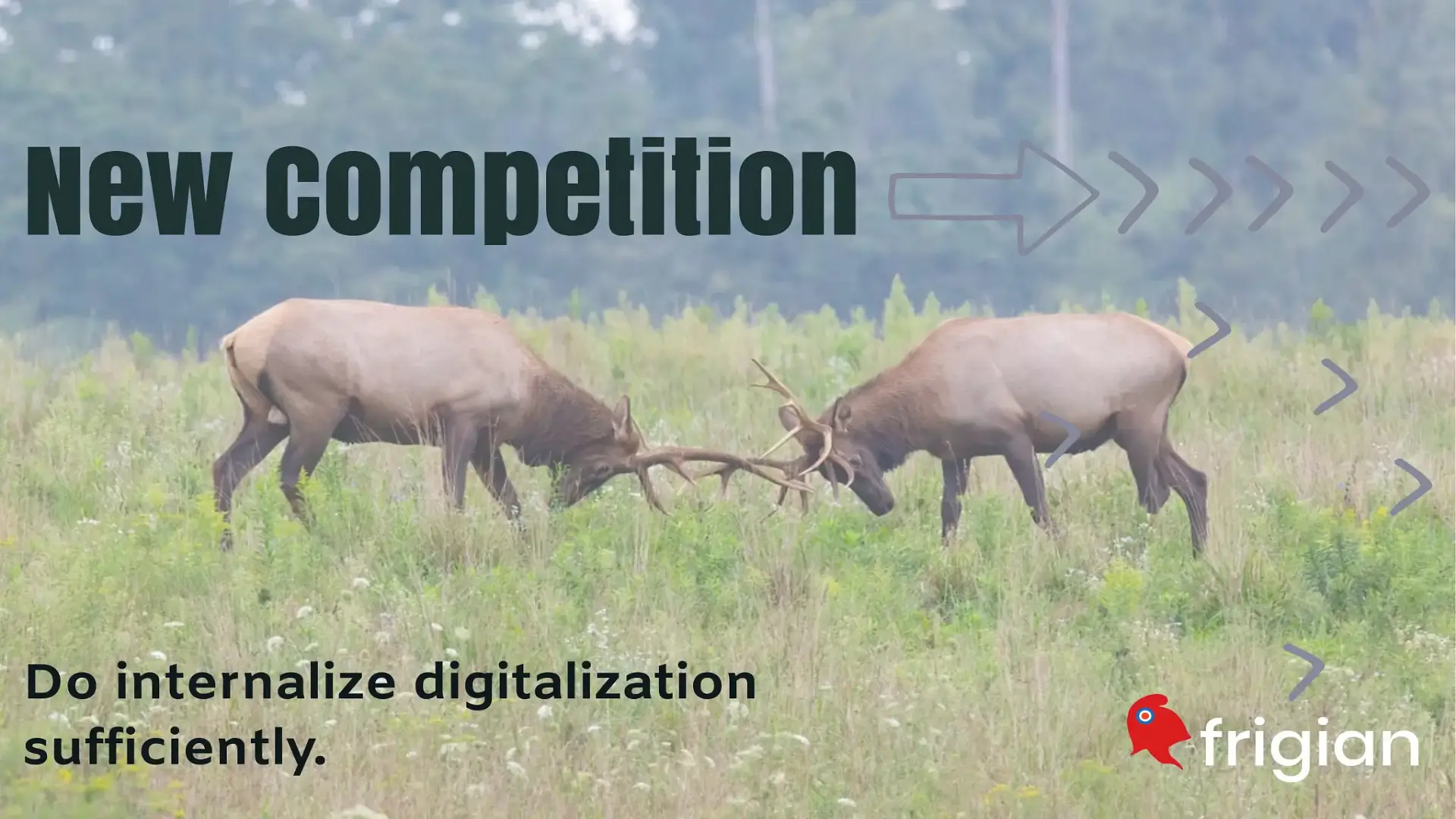Internalizing Digital Transformation on Transportation

The digital age has come with its own risks and opportunities. Although the logistics industry feels the distressing side to their bones, a privileged part benefit from it. A senior manager of a local freight forwarder association said, “We will soon have to write in informatics on our signs.” He meant that the best way to do this job was to go through digitalization. While I don't agree with the signage part, I agree. However, some companies do not internalize digitalization sufficiently.
Let's remember traditional problems; Losses due to human mistakes, delay costs due to lack of communication, inadequate control mechanism errors, dependency on the experienced employees, strategy errors caused by lack of measurement and evaluation, the inability of employees to talk to three phones at the same time... We can count more, but this is enough. Nowadays we are not focusing on the blockchain which was very fashionable until two years ago, because we could not address our concerns about its suitability for us.
The simplest form of blockchain is that a treaty with ten parties can be changed with the approval of at least four (maybe less or more, depending on the preliminary agreement). For instance, Globe Line wants to develop an SWB application; All offices around the world will use this application. Global Trade is GL's customer and loads with GL services all over the world, GT does not prefer to bear the cost of bill of lading delay and wants GL to provide the same quality service all over the world. GL hopes it will get more business from Bayer and LCW if it works. When any GL office SWB a bill of lading, it simultaneously records the information in seven different offices in GT, LCW, UTIKAD, and Bayer. Any GL Client can view status when they type the SWB number and verification code on a public site. For the SWB status information to change, GT, LCW, Utikad, and Bayer must also approve, otherwise, it will not change. All we need to realize in this fiction is to come together and decide. The question is, is GL ready to be that obvious? Of course, the conditions under which a request can change must be decided in advance and clearly announced among the stakeholders.
Shortly, digitalization solves and provides solutions to industrial problems which come from the past. The major question is: how ready we are for these solutions? International organizations such as DCSA, FIATA, IATA, ICC, and UN are working on digital standards, human and communication errors will be eliminated when a common language is established.
The competition will not end. Moreover, this industry will transform into a “digital competition” with industrial knowledge and know-how in a short while. We are the logistics platform as Frigian, and we are providing the services to our clients in terms of the digital age needed. While providing these services we are recording, analyzing, and processing all data to give our feedback and comment to all professionals to make their decision easier as weekly-quarterly and yearly..





